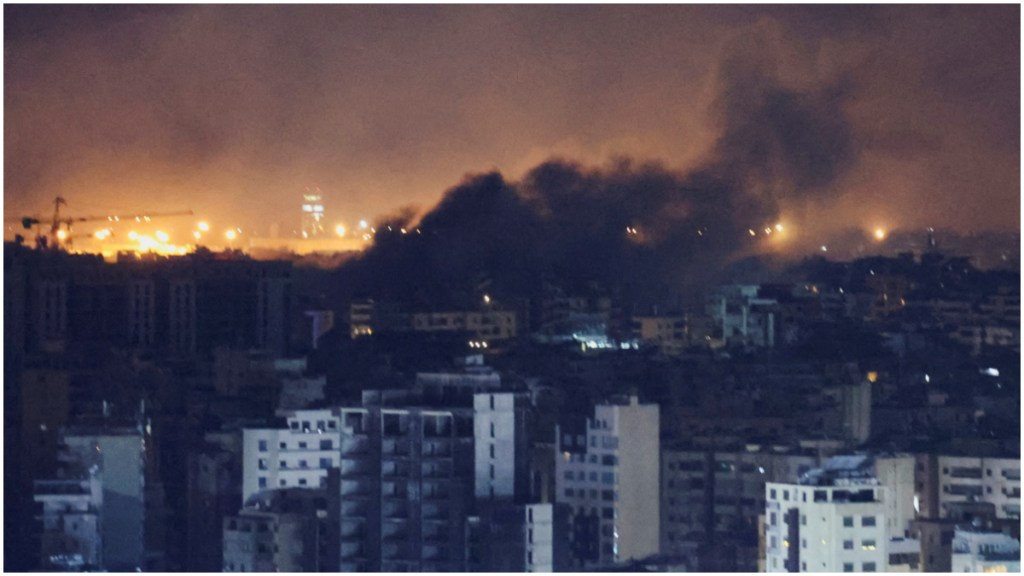In a significant escalation of its military campaign, Israeli ground forces crossed into southern Lebanon early Tuesday. The move follows a series of Israeli airstrikes that have targeted Hezbollah, including the recent assassination of its long-standing leader, Hassan Nasrallah. The Israeli military announced the initiation of “limited, localized and targeted ground raids” aimed at specific Hezbollah targets situated near the Israeli border. While the duration of these operations remains uncertain, Israeli forces have been preparing for this mission for several months.
Ahead of the invasion, US officials indicated that Israel had begun conducting small ground raids, leading to the declaration of certain border areas as “closed military zones,” accessible only to military personnel. Although no direct clashes between Israeli troops and Hezbollah militants were reported immediately, Israeli artillery targeted locations throughout southern Lebanon, and airstrikes were reported near Beirut.
Risks of Escalation
This ground operation signifies a potentially perilous phase in the conflict. Israel aims to decisively weaken Hezbollah, which possesses tens of thousands of fighters and a significant arsenal of rockets and missiles. The last major conflict between the two occurred in 2006, ending in a stalemate, and both sides have since fortified their military capabilities.
Despite recent Israeli successes, including the elimination of key Hezbollah leaders, the group’s resolve remains strong. Hezbollah’s acting leader, Naim Kassem, vowed to continue the fight, asserting that the organization has already replaced its fallen commanders.
Shifting Focus from Gaza to Lebanon
In the wake of escalating tensions, Israel has shifted its focus from Gaza to Lebanon, intensifying attacks on Hezbollah. The Israeli military claims to have struck thousands of militant targets across Lebanon, resulting in over 1,000 casualties in just two weeks, a significant portion of whom were women and children. As Hezbollah began retaliating with rocket fire into northern Israel, both sides engaged in near-daily exchanges of fire, edging closer to a broader conflict.
Key Setbacks for Hezbollah
Hezbollah faces critical setbacks following recent Israeli airstrikes that have targeted its leadership and infrastructure. Although the group continues to launch rockets into Israel, its operational capacity is increasingly questioned as Israeli intelligence operations have reportedly penetrated its inner ranks.
As the situation escalates, tens of thousands of Lebanese civilians have fled southern Lebanon, fearing an impending Israeli assault. Hezbollah’s lack of effective air defenses has allowed Israeli forces to operate with relative impunity in Lebanese airspace.
International Reactions and Broader Implications
The heightened military actions have prompted some European nations to evacuate their citizens from Lebanon. Meanwhile, regional tensions have escalated, with Israel conducting airstrikes against other groups in the region, including the Houthis in Yemen.
Amid these developments, calls for a cease-fire have emerged from the United States and its allies, including France, in hopes of preventing further escalation. However, Israeli Prime Minister Benjamin Netanyahu has shown little interest in de-escalation, focusing instead on military achievements against Hezbollah.
Lebanese Prime Minister Najib Mikati has called for an immediate cease-fire and the deployment of Lebanese troops in southern regions to comply with a United Nations resolution from 2006, which remains largely unimplemented.
(With AP Inputs)

